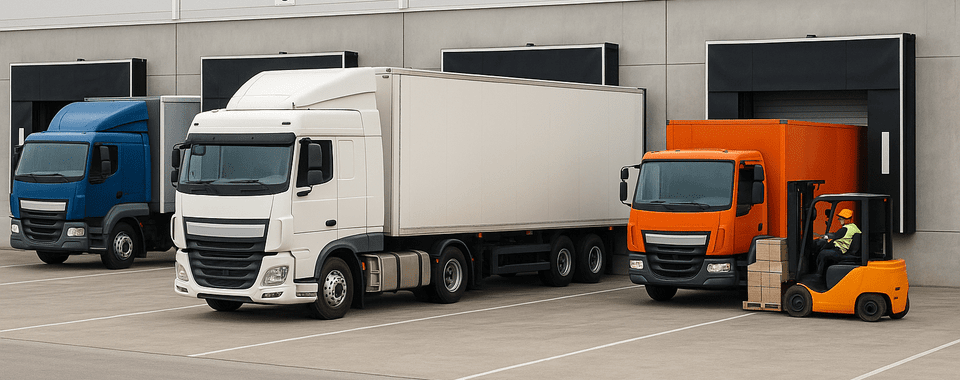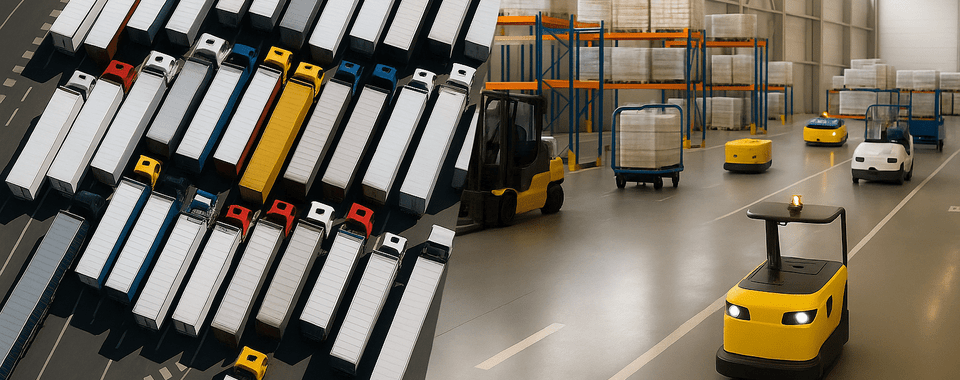Recent findings from INFORM's 2024 AI Readiness in Australian Organisations study reveal that while logistics companies recognise AI's value, the sector lags in adoption at 70% compared to other industries. However, those who have implemented AI-powered transport planning solutions are seeing remarkable results.
The Impact on Building Materials Logistics
Leading companies in the aggregates and ready-mix concrete sector are achieving significant operational improvements through AI implementation:
- Up to 20% reduction in logistics unit costs
- 37% increase in loads per truck per day
- Up to 30% reduction in fleet size
- 19% reduction in empty mileage
These improvements are particularly significant for the Australian building materials sector, where vast distances and diverse delivery requirements create unique challenges.
Real-time Optimisation in Action
Modern AI-powered transport planning software provides business line-specific optimisers for aggregates, ready-mix, cement, and asphalt, all integrated into one central tool. The system updates delivery schedules every 90-120 seconds, allowing dispatchers to focus on higher-level tasks and enhanced customer service.
The Environmental Advantage
For building materials producers working towards net-zero goals, AI optimisation in logistics presents a readily achievable opportunity for carbon reduction. Fleet downsizing of 10-30% not only reduces emissions but also delivers significant CAPEX benefits and helps address the current driver shortage challenges facing the industry.
The Path Forward
For Australian building materials companies considering AI implementation, the key is to start with clear objectives and a phased approach. The study indicates that successful implementations typically begin with:
- Integration with existing ERP systems
- Connection with truck telematics
- Implementation of real-time routing technology
- Training and upskilling of dispatch teams
As Australia's construction and eCommerce sectors continue to grow, AI-powered transport planning isn't just an operational advantage – it's becoming a competitive necessity. Companies that embrace these technologies now will be better positioned to meet the increasing demands of the market while maintaining operational efficiency and environmental responsibility.








